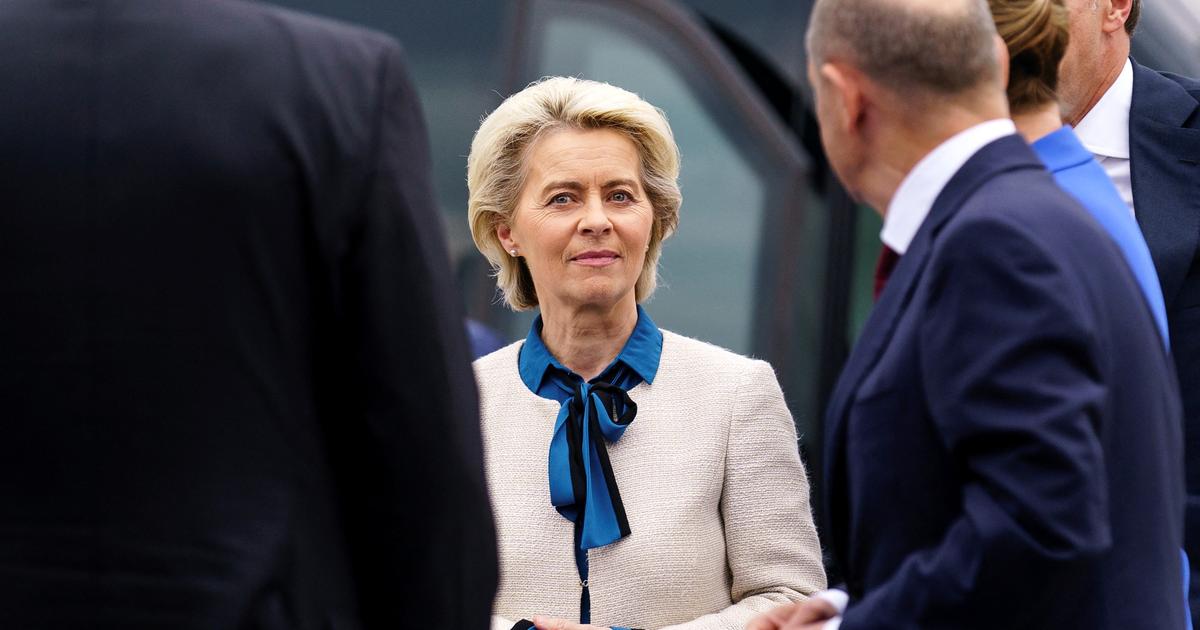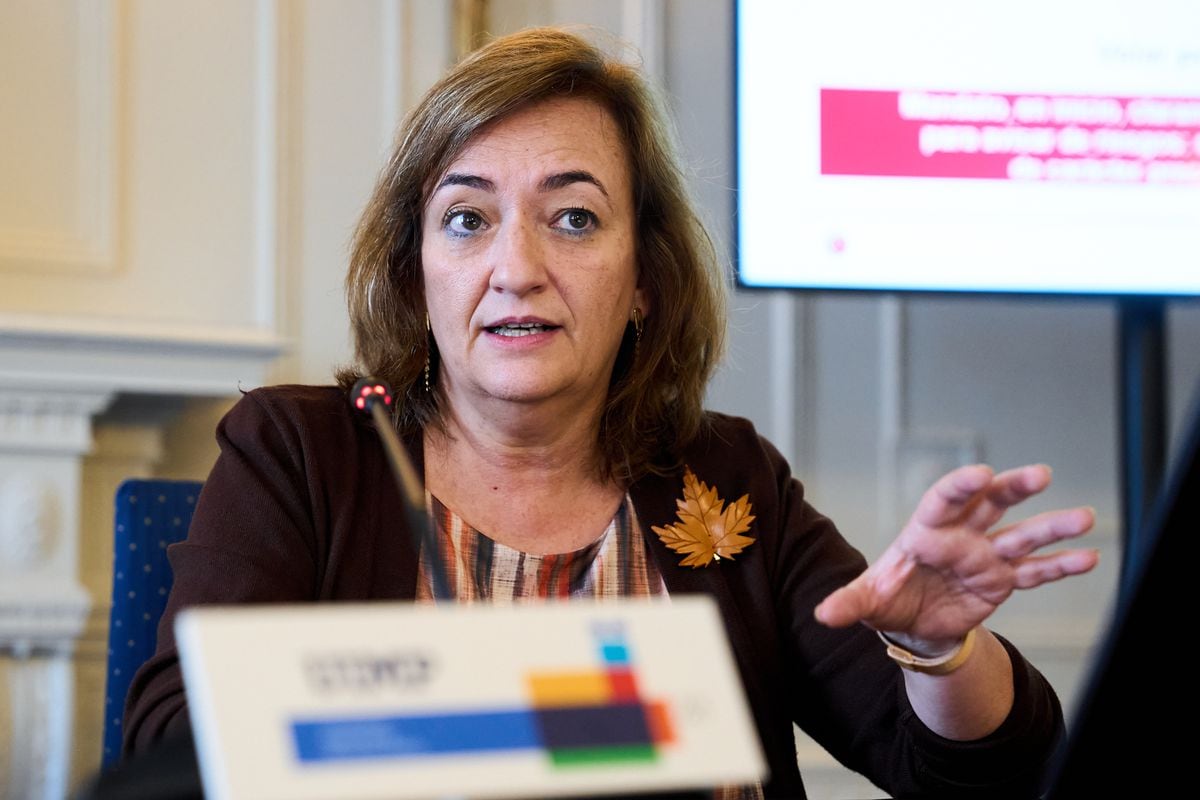The European Commission is expected to announce on Monday that it is extending the suspension of its budgetary austerity rules in 2023 due to the war in Ukraine which is clouding the economic outlook, according to concordant sources.
To discover
Taxes 2022: all about your tax return
Read alsoThe European Commission wants to protect journalists and activists
The stability pact, which limits public deficits to 3% and debt to 60% of gross domestic product (GDP), was suspended at the start of 2020 in the context of the global Covid-19 pandemic.
This allowed the 27 member countries to incur exceptional expenditure to support households and businesses to avoid an economic crash.
The pact was to be reactivated on January 1, 2023, thanks to the return of solid growth, but the invasion of Ukraine by Russia changed the situation.
The European Union should give itself one more year and reactivate its budgetary corset only in 2024.
The decision expected Monday morning
The Commission will announce its decision on Monday morning, before a meeting of EU finance ministers in the afternoon.
“
There is a consensus to extend
” the suspension of the stability pact, a Commission source told AFP.
The European executive “
will announce that we will not apply the rules next year either
”, confirmed two other European sources.
But "
it's not a blank check
", underlined one of them, ensuring that the announcement would be accompanied by a "
call for more controlled budgetary policies and a return to balance
".
These include reassuring Germany and its "
frugal
" allies in Northern Europe,
Commission Vice-President Valdis Dombrovskis announced in early March that the extension of the suspension of the stability pact would be considered "
given the high uncertainties
" for the economy.
The war and the impact of sanctions against Russia prompted Brussels to drastically cut its GDP growth forecast for the EU and the euro zone in 2022 on Monday. It now expects 2.7% against 4% at the start of the month. year and does not rule out further deterioration.
The economy is suffering from soaring commodity prices which, beyond energy, are spreading to food prices.
The conflict has also increased supply chain problems and increased uncertainty for both businesses and households.
Read alsoEnergy: facing Russia, “small gestures” can have a big effect, plead the IEA and the European Commission
The Commission will also publish its recommendations on Monday for the budgets of Member States in 2023. In early March, she stressed the need "
to ensure debt sustainability through a gradual fiscal adjustment
" while recognizing the need for differentiation according the countries.
The most indebted must give priority to a gradual reduction of their debt, while the least indebted must privilege investments, explained Valdis Dombrovskis.



/cloudfront-eu-central-1.images.arcpublishing.com/prisa/BSW76ADTMZBGXEN5B5THLU2R7M.jpg)











